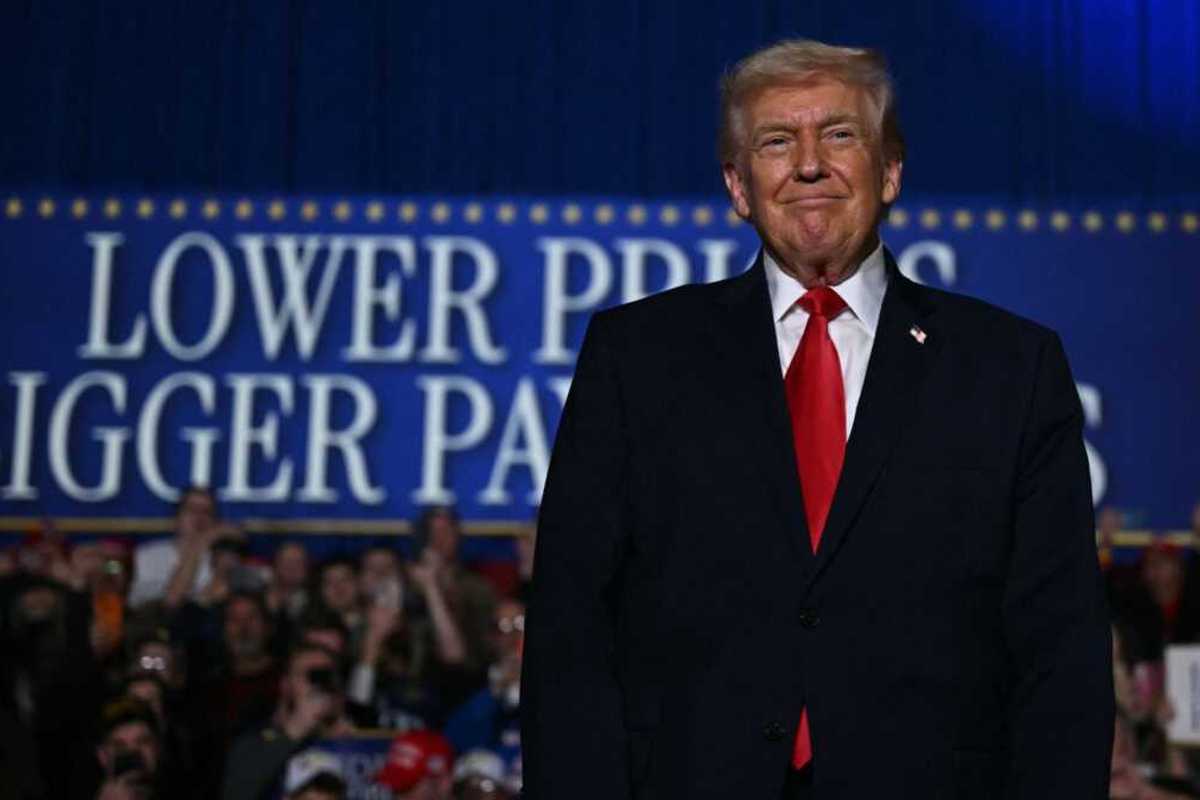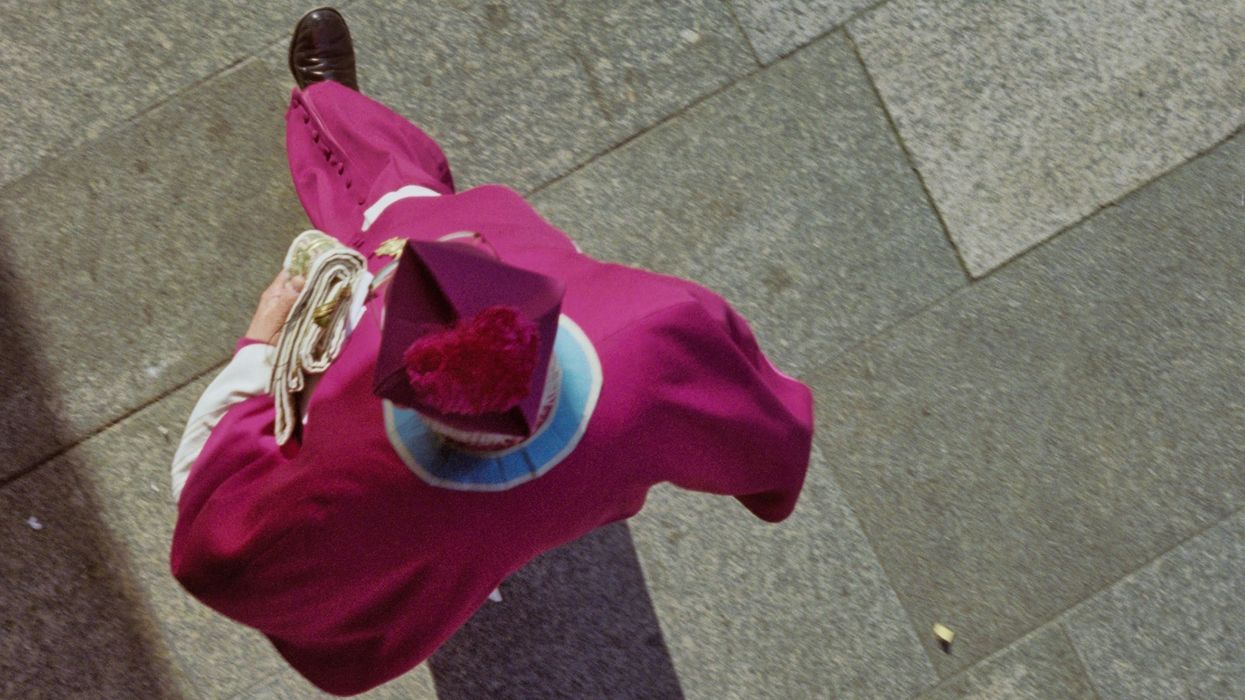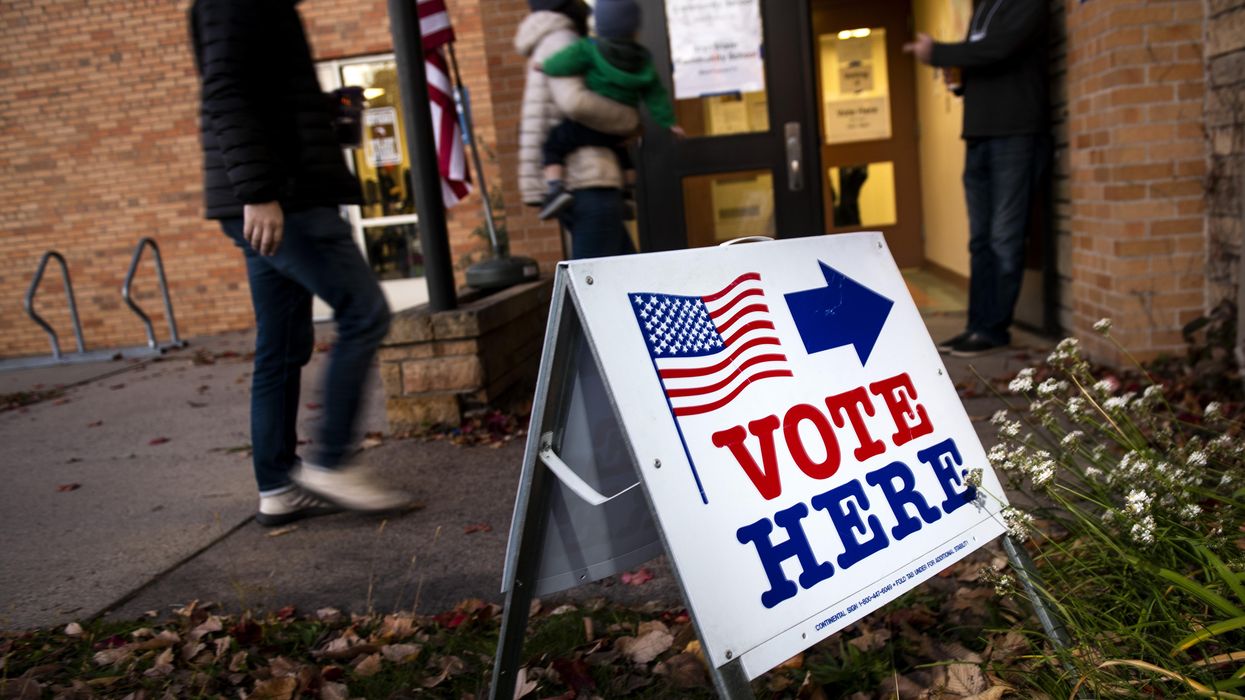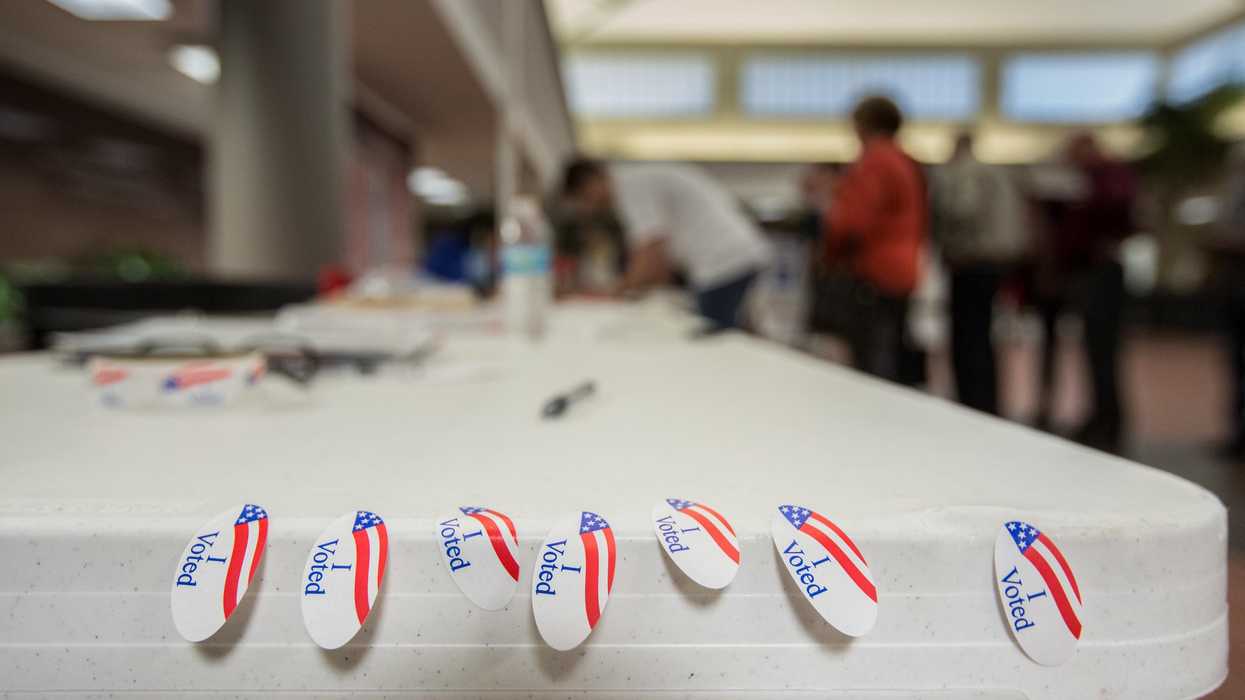When the bells of St. Peter's Basilica tolled on Easter Monday, announcing Pope Francis's death at 88, they rang for the world's 1.3 billion Catholics and all of humanity. During the moment of transition for the Catholic Church, we witnessed the conclave, a ritual of power transfer that predates modern democracy yet might offer surprising lessons for our contemporary political moment.
The death of a pope represents more than a religious milestone. It is a moment that transcends theological boundaries, offering insights into how institutions navigate succession, how power transfers in an age of global uncertainty, and how ancient traditions might illuminate modern challenges.
The word "catholic" means universal, and there is something universally compelling about this moment. Even for those of us who don't genuflect or make the sign of the cross, who have never whispered a prayer in a confessional, or who have never received communion, Pope Francis's passing and the selection of his successor resonate with deep questions about leadership, legacy, and legitimate power.
A profound understanding of this universality marked Francis's papacy. He spoke not just to Catholics but to the human family, addressing climate change, economic inequality, and the dignity of migrants. He understood that in our interconnected world, the moral authority of his office extended far beyond the Vatican's walls. His death, therefore, creates a vacuum that transcends religious boundaries—a moment of reflection for anyone concerned with how we organize ourselves as a global community.
The conclave—that peculiar mixture of spiritual discernment and political maneuvering—offered particularly relevant lessons for democratic movements worldwide. Here is a system designed to select a supreme leader that somehow manages to be both deeply hierarchical and surprisingly egalitarian. Once the doors closed in the Sistine Chapel, a cardinal from the Global South's vote carries the same weight as his European counterpart's. The requirement for a two-thirds majority forces consensus-building across ideological lines, starkly contrasting the winner-take-all mentality that plagues many modern democracies.
The most striking aspect of papal succession is its ability to maintain across centuries. In a historically unprecedented period of democratic questioning regarding election results, legitimacy, and peaceful power transfers no longer trusted, the papal transition process maintains remarkable stability. This stability doesn't stem from the absence of conflict—the Catholic Church has weathered its share of schisms and antipopes—but from a shared commitment to the process.
The prophetic tradition, which speaks truth to power while remaining engaged with institutions, finds a curious echo in this moment. I recognize the death of a pope creates a space for both mourning and possibility—a liminal moment when institutions live up to their highest ideals. The conclave's tradition of radical silence and separation from the outside world models a kind of deliberative democracy that seems almost foreign in our age of constant connectivity and instantaneous reactions.
Caution to all: Do not romanticize the Catholic Church or its processes. The institution, like all, faces profound challenges. Yet its ability to maintain cohesion while facilitating transition offers valuable lessons for secular institutions grappling with similar challenges of succession and legitimacy. As the cardinals gathered in Rome, how could other institutions benefit from this succession-planning model? What if political parties invested as much in developing future leaders? What if corporations thought about succession not just in terms of the next quarter but the next quarter-century? What if social movements built structures that could outlast their charismatic founders?
The death of Pope Francis and the conclave remind us that succession is not just about selecting new leadership—it's about renewing institutional purpose and legitimacy. In an age when democratic institutions face unprecedented challenges and the idea of peaceful power transfer seems increasingly fragile, the Catholic Church's ability to maintain continuity through change offers both challenge and inspiration.
For those working in democratic movements, the lesson is not to copy the conclave's specific mechanisms but to understand its essential principles: the importance of established procedures, the value of deliberative decision-making, and the need for transitions that honor tradition and transformation. Thus, bells that tolled for Francis remind us that no leader is permanent, but institutions, at their best, can carry forward the work of justice and human dignity across generations. In this universal moment of transition, we are all called to consider how we build and sustain the institutions that will outlast us—and how we ensure that the power we hold today serves the common good tomorrow.
Rev. Dr. F. Willis Johnson is a spiritual entrepreneur, author, scholar-practioner whose leadership and strategies around social and racial justice issues are nationally recognized and applied.




















